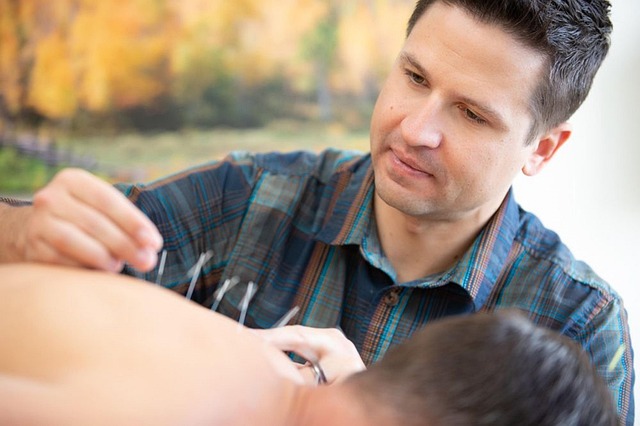Survivors of child abuse in Denver, CO, can find justice and healing with experienced child abuse attorneys who understand cultural sensitivities. These attorneys navigate complex legal cases, bridge cultural gaps, and advocate for victims from diverse backgrounds to ensure fair protection under the law.
In Denver, CO, cultural sensitivity is paramount in handling child abuse cases. This article explores best practices for child abuse attorneys navigating the city’s diverse community. We delve into understanding cultural nuances, adapting legal strategies, and ensuring justice for vulnerable populations. By implementing culturally responsive representation, attorneys can provide more effective support to families impacted by child abuse, ultimately strengthening protections for at-risk children in Denver.
Understanding Cultural Sensitivity in Child Abuse Cases

Navigating Denver's Diverse Community as Attorneys

Navigating Denver’s diverse community requires a nuanced approach for child abuse attorneys in Colorado. With a growing and increasingly multicultural population, understanding the unique cultural backgrounds and sensitivities of families involved in these cases is essential for effective representation. Child abuse attorneys in Denver CO must be adept at recognizing and respecting ethnic, religious, and socioeconomic differences to build trust with clients and ensure their legal needs are met with sensitivity and compassion.
This involves attending to language barriers, adapting communication styles, and being mindful of cultural taboos surrounding topics like family dynamics, sexual abuse, and reporting mechanisms. By integrating cultural competency into their practices, child abuse attorneys can provide more holistic support, advocate for families’ rights, and ultimately improve outcomes in these complex cases.
Legal Best Practices for Culturally Responsive Representation

In Denver, Colorado, where a diverse community coexists, it’s imperative that legal representation in child abuse cases reflects this cultural mosaic. Child abuse attorneys must adopt best practices for culturally responsive representation to ensure justice and healing for all involved. This begins with a thorough understanding of the client’s background, customs, and language to avoid any unconscious biases or misunderstandings. Attorneys should actively listen, engage interpreters when necessary, and respect traditional family structures and decision-making processes, especially in communities where extended families play significant roles.
Moreover, advocating for cultural sensitivity involves educating the court system about different cultural norms related to child rearing and family dynamics. Child abuse attorneys can help raise awareness by presenting evidence that challenges stereotypical assumptions and promotes a more nuanced understanding of non-Western approaches to parenting. This holistic approach not only strengthens cases but also fosters an environment where all children, regardless of their cultural heritage, receive fair and equitable protection under the law, ensuring the best outcomes for both victims and families in Denver CO child abuse cases.
Ensuring Justice: Protecting Vulnerable Populations

In child abuse cases, ensuring justice for vulnerable populations is paramount. The legal system in Denver, CO plays a crucial role in protecting these at-risk individuals while upholding fairness and due process. Child abuse attorneys in Denver CO are well-versed in navigating complex cultural sensitivities to advocate for victims effectively. They understand the importance of respecting diverse backgrounds, traditions, and beliefs to create an environment where every child feels safe to share their experiences.
By employing legal best practices, these attorneys work diligently to bridge cultural gaps and promote justice. This involves thorough cultural competency training, collaboration with community organizations, and adherence to ethical guidelines. Their efforts safeguard the rights of marginalized communities, ensuring that every child receives the support and representation they deserve.



